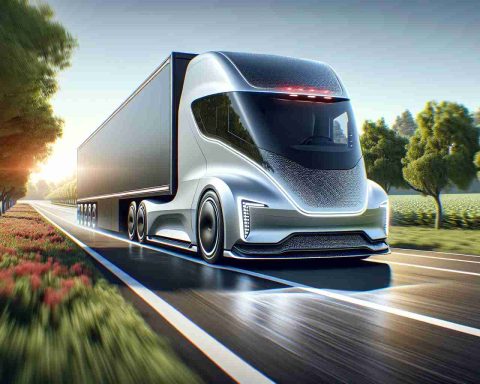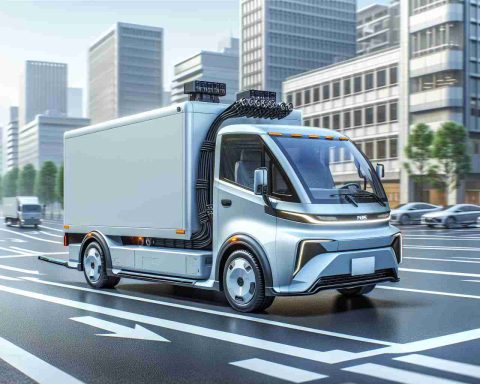California is electrifying the future of transport with a landmark initiative set to redefine commuting for many residents. Launching on December 18, the state is rolling out the California E-Bike Incentive Project, a visionary scheme designed to empower low-income households with eco-friendly mobility solutions.
Empowering Underrepresented Communities:
Spearheaded by the California Air Resources Board, this program extends a lifeline to those who meet specific income requirements, offering vouchers of up to $2,000 to purchase electric bicycles. By focusing on individuals earning below 300% of the federal poverty line, the initiative aims to transform transportation for underserved populations.
Revolutionizing Urban Mobility:
This transformative program seeks not only to promote more sustainable commuting but also to ease traffic congestion and slash greenhouse gas emissions. With $3 million in funding, California plans to equip approximately 1,500 residents with e-bikes, propelling them into a greener, healthier lifestyle.
Paving the Way for a Healthier Future:
While the program offers substantial financial relief, it also champions enhanced physical activity through cycling. Participants are required to keep their e-bike for a minimum of one year, with their feedback shaping future developments. However, as with any avant-garde initiative, the program must overcome obstacles such as raising public awareness and ensuring seamless access to participating retailers.
Looking Ahead:
The California E-Bike Incentive Project represents a bold step toward a sustainable future. As the initiative unfolds, it will undoubtedly serve as a bellwether for transport reforms globally, highlighting the potential for widespread adoption of environmentally-friendly commuting solutions. Keep an eye on this innovative development as it charges forward, blazing a trail for a cleaner, connected future.
Revolutionary E-Bike Incentive: California’s Green Commuting Game Changer
Understanding the Eligibility Criteria
The California E-Bike Incentive Project specifically targets individuals from lower-income brackets to ensure that the benefits reach those who need them most. To qualify, applicants must be earning below 300% of the federal poverty line. This is a deliberate approach to guarantee that environmental and health benefits are accessible to underrepresented communities, empowering them with affordable, sustainable transport options.
Advantages and Challenges of Electric Bicycles
Pros:
– Environmental Impact: E-bikes offer a significant reduction in carbon emissions compared to traditional gas-powered vehicles.
– Cost Efficiency: With allocated vouchers of up to $2,000, low-income families can purchase e-bikes without financial strain.
– Health Benefits: Riding e-bikes promotes physical activity, contributing to healthier lifestyles.
Cons:
– Awareness and Accessibility: Creating widespread public awareness and ensuring access to compliant retailers can be challenging.
– Upfront Costs: Even with incentives, the initial cost might still be prohibitive for some individuals once maintenance and accessories are considered.
Innovative Features and Use Cases of E-Bikes
Electric bikes are equipped with innovative features such as pedal-assist sensors and regenerative braking systems. These features make them ideal not only for commuting but also for recreational use and errands. In urban environments, e-bikes can effectively reduce the need for cars, mitigating congestion and providing a faster, more flexible commuting option.
Insights into Future Trends and Market Predictions
As California’s initiative takes off, we anticipate a broader acceptance of e-bikes across various demographics. The market for electric bicycles is expected to grow significantly, driven by technological advancements and increasing environmental consciousness among consumers. This trend could lead to more robust policies and incentives nationwide and globally, aimed at promoting sustainable transportation solutions.
Sustainability and Environmental Impact
The focus on e-bikes aligns with broader governmental efforts to combat climate change by reducing reliance on fossil fuels. Programs like the California E-Bike Incentive Project pave the way for similar policies targeting other eco-friendly transportation modes, such as electric scooters and buses. These initiatives are crucial for meeting long-term sustainability goals and curbing urban pollution.
For more details on state initiatives and transportation solutions, visit the California government website.


















